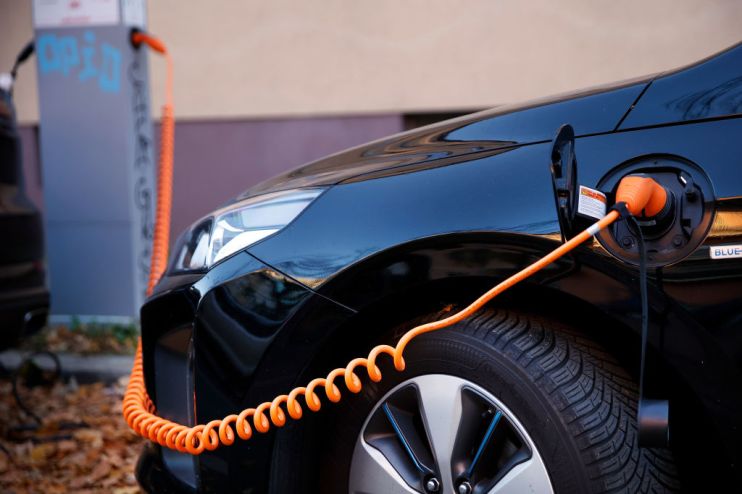Electric vehicle registrations provide much-needed momentum for car manufacturers in 2022

A record-breaking year for electric vehicle registrations provided some sparks of life to an otherwise morbid domestic car market in 2021.
New car registrations grew by a measly one per cent last year – following a pandemic ravaged 2020 – with only 1.65m cars entering the UK market, according to the latest figures released today from the Society of Motor Manufacturers and Traders (SMMT).
The results highlight the ongoing impact of Covid-19 and the semiconductor shortage on the industry, with the market still down 28.7 per cent on pre-pandemic 2019, representing the second worst year since 1992.
However, last year was the most successful in history for electric vehicle uptake as more new battery electric vehicles (BEVs) were registered than over the previous five years combined.
Some 190,000 BEVs joined Britain’s roads, alongside 114,000 plug-in hybrids (PHEVs), meaning 18.5 per cent of all new cars registered in 2021 can be plugged in.
This is in addition to the 147,000 hybrid vehicles registered which took a further 8.9 per cent of a bumper year for electrified car registrations, with around 27.5 per cent of the total market now electrified in some form.
Following billions of pounds of investment into new technology by manufacturers, more than 40 per cent of car models are now available as plug-ins.
The UK finished 2021 as the third largest European market for new car registrations, but the second largest by volume for plug-in vehicles and the second largest for BEVs.
SMMT puts pressure on government to power the growth of electric vehicle sales
The UK reaffirmed its ambition at the COP 26 climate conference to end the sale of new petrol and diesel cars by 2030.
But SMMT believes recent announcements such as cuts to both purchase incentives and grants for home chargers, put the government’s net zero ambitions at risk.
It also argues the slow pace of growth in on-street public charging – where, on average, 16 cars potentially share one standard on-street charger– could put the brake on EV demand and undermine the UK’s attractiveness as a place to sell electric cars.
Despite the encouraging uptake in electric vehicles, petrol-powered cars remain Britain’s most popular choice, accounting for 58 per cent of all new cars registered in 2021 including mild hybrids (MHEV).
Diesel-powered cars including MHEVs making up 16 per cent of the market, followed by BEVs at 11.6 per cent, hybrid electric vehicles (HEVs) at 8.9 per cent and PHEVs at seven per cent.
The latest forecast for 2022 – published in October, before the rise of the Omicron variant – is for 1.96 million new car registrations.
Mike Hawes, SMMT chief executive believed it was a “desperately disappointing year for the car industry” as Covid-19 continues to cast a pall over any recovery
He considered electric car uptake to be the one “undeniable bright spot” but warned that the biggest obstacle to electric vehicle sales flourishing was both the cost and charging infrastructure.
Hawes said: “Recent cuts to incentives and home charging grants should be reversed and we need to boost the roll out of public on-street charging with mandated targets, providing every driver, wherever they live, with the assurance they can charge where they want and when they want.”
Richard Peberdy, UK head of automotive at KPMG, painted a more optimistic picture for the upcoming year.
He said: “Whilst supply shortages will frustrate both the automotive industry and consumers, 2022 is due to be an exciting year for both. A variety of new models will hit the market, and electric vehicle sales will further accelerate. The industry will focus on how to reduce charging times, and national and local government must focus on ensuring public charging infrastructure keeps pace.”